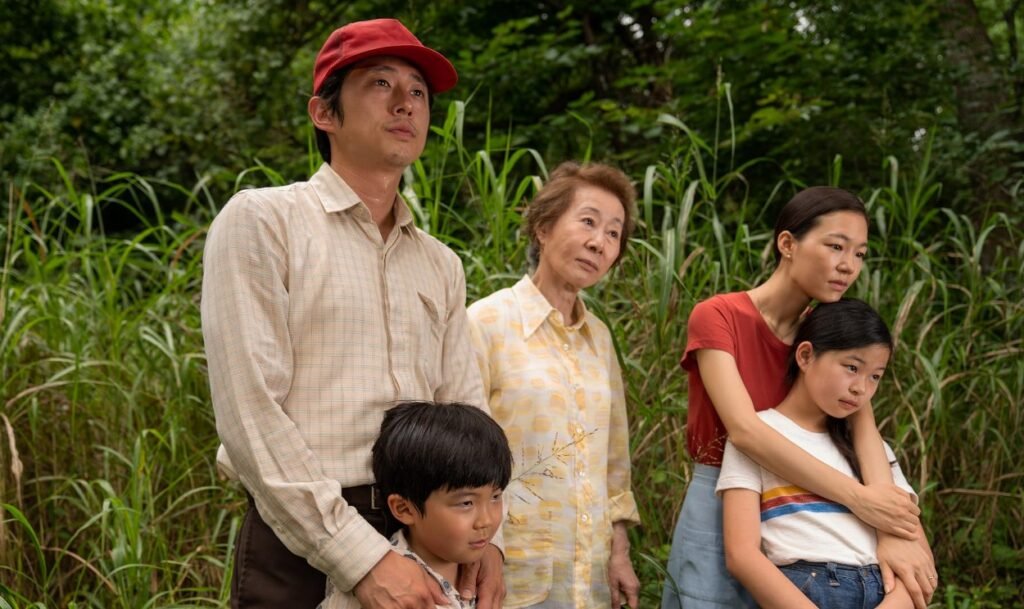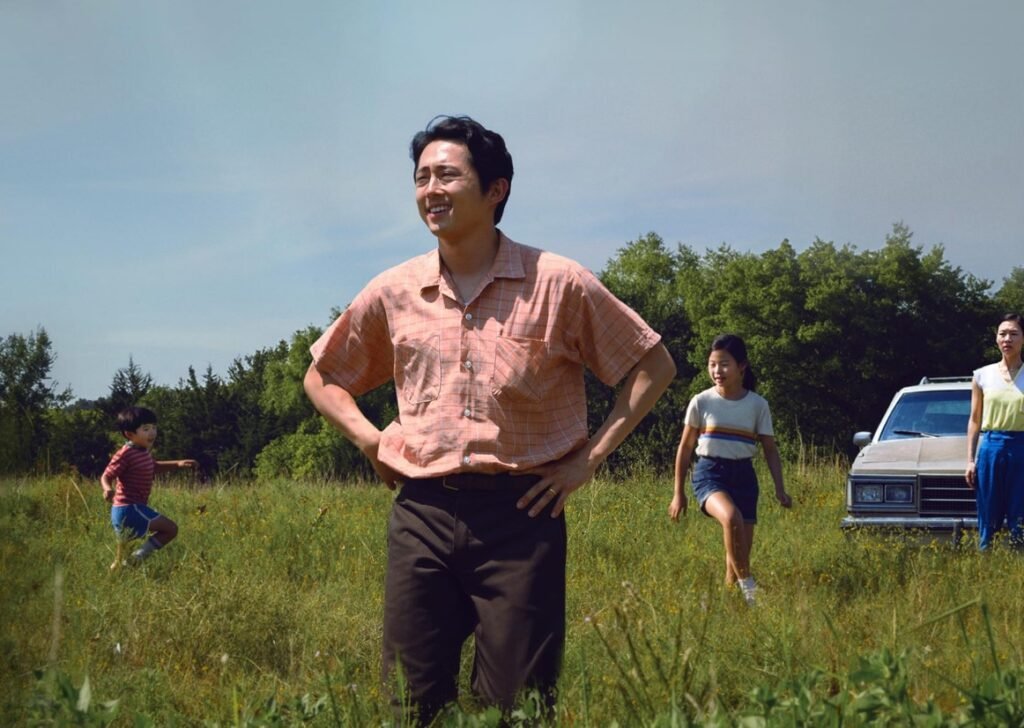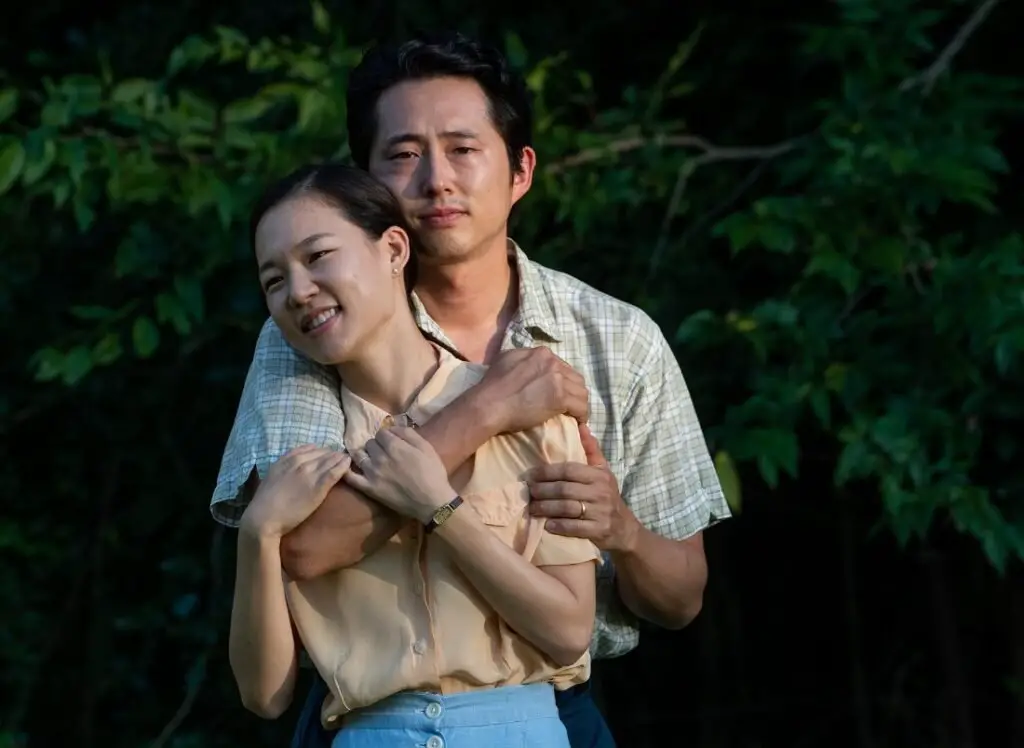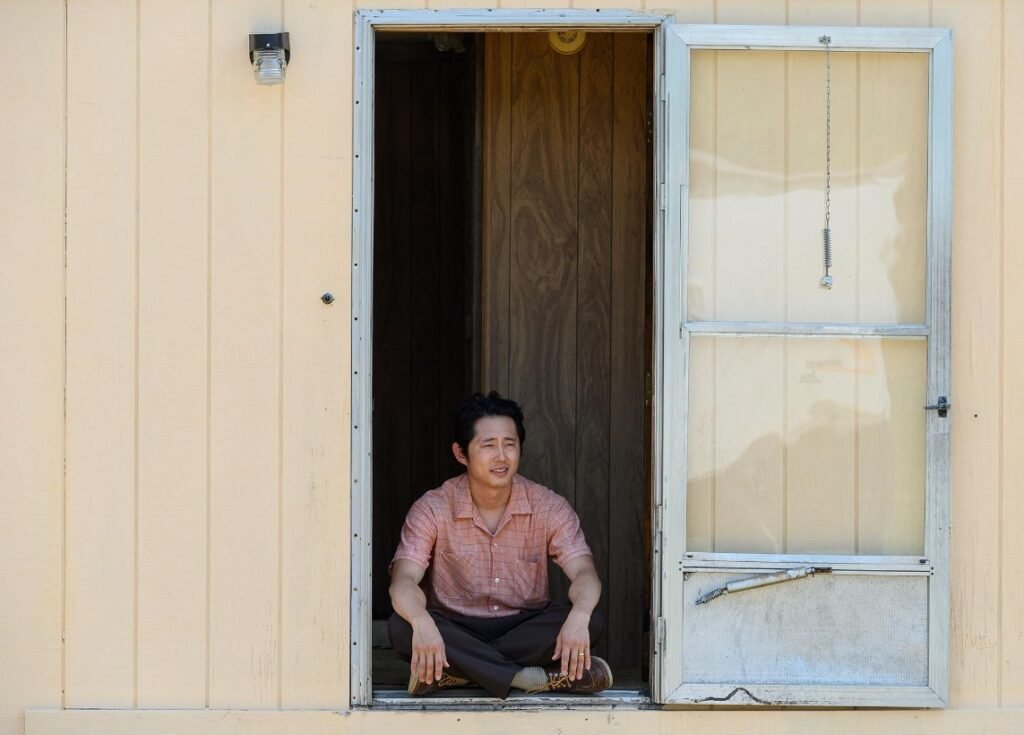Minari offers a semi-autobiographical glimpse into writer and director Lee Isaac Chung’s upbringing in a Korean immigrant family in 1980s Arkansas. The narrative centers on the Yi family — consisting of the father (Steven Yeun), mother, their two children, and grandmother — as they relocate to Arkansas, where the father embarks on a farming venture after leaving his job as a chicken sexer due to its low pay.
Release Date 12 February 2021
Language English
Genre Comedy, Drama
Cast Steven Yeun, Han Ye-ri, Alan Kim, Noel Kate Cho, Youn Yuh-jung, Will Patton
Director Lee Isaac Chung
Writer Lee Isaac Chung
Cinematography Lachlan Milne
Music Emile Mosseri
Producer Dede Gardner, Jeremy Kleiner, Christina Oh
Production A24 Plan, B Entertainment
Facing financial uncertainty, the wife reluctantly supports her husband’s decision to uproot their lives. As they settle into their predominantly white neighborhood, the Korean-American family grapples with questions of identity and belonging in their new environment.
Minari strikes a balance between the deeply personal and the universally relatable, blending themes of optimism and melancholy, tradition and modernity. It resonates with audiences by evoking memories of childhood innocence and familial bonds. The Yi family may lack material wealth, but they find strength in their unity and resilience, exemplified by the unwavering support of the children for their risk-taking father and the enduring wisdom passed down from grandparents.
Beyond its ethnic identity, Minari transcends cultural boundaries to deliver a poignant human story. It echoes the values of intergenerational wisdom and familial solidarity found in many cultures, emphasizing the importance of perseverance and community amidst adversity. The film’s title symbolizes the human capacity for resilience and growth, even in the face of challenges.
Young actor Alan Kim charms audiences with his sincerity, while Steven Yeun delivers a compelling performance as the determined yet hopeful patriarch. Veteran actress Yuh-Jung Youn shines as the spirited and humorous grandmother, adding depth to the family dynamic. Lee Isaac Chung’s understated portrayal of a family’s journey to find their place in the world is grounded in realism and Korean heritage, evoking a sense of connection to the land and its nurturing essence.







